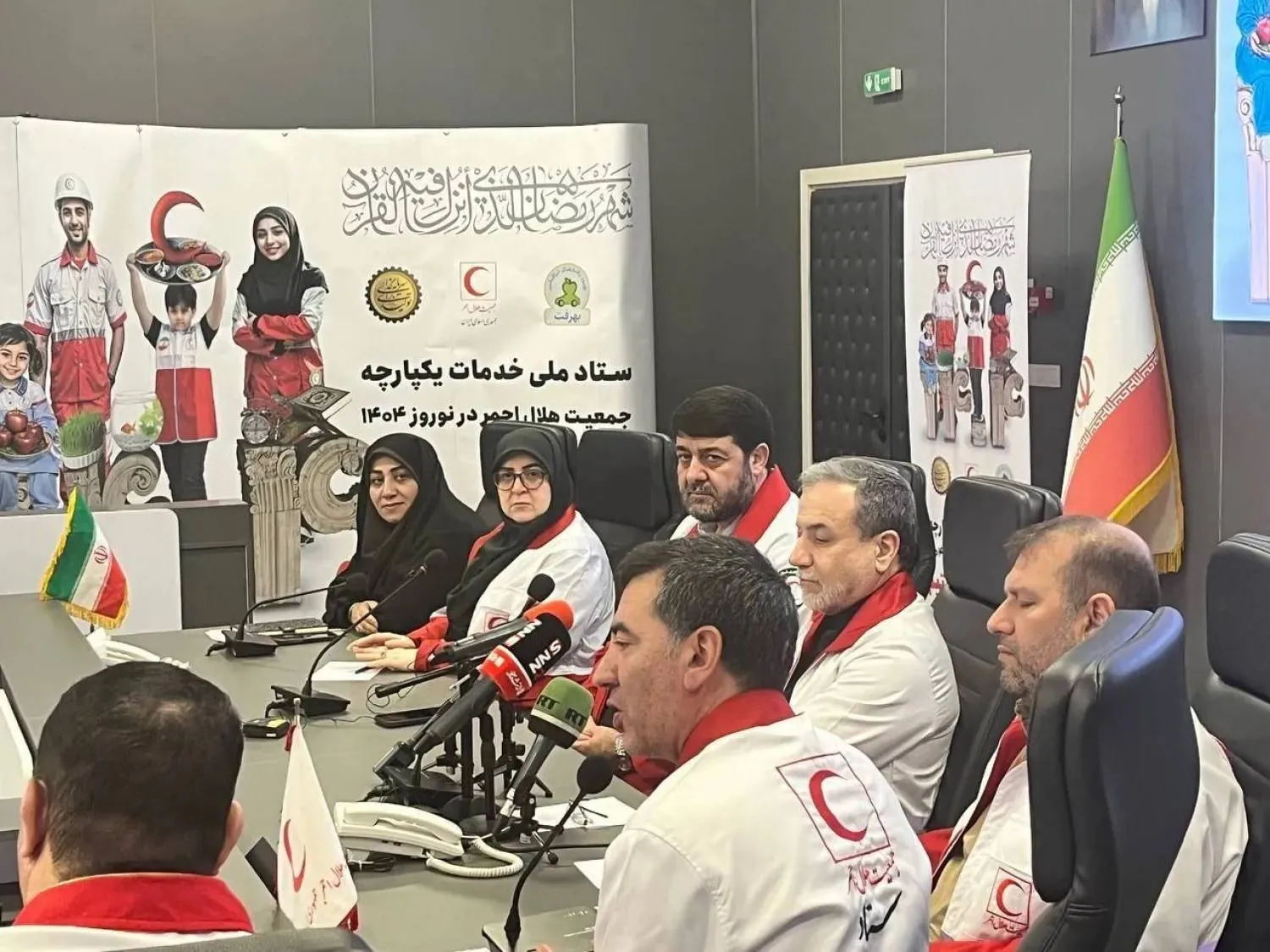Iranian Foreign Minister Abbas Araghchi has dismissed the possibility of war with the United States, asserting that Iran’s high level of military preparedness serves as a deterrent to any external threats. However, he emphasized that Tehran remains fully prepared for any scenario, including military confrontation.
Iran’s official IRNA news agency quoted Araghchi as saying that the armed forces, emergency response units, government, and people “are all on high alert.” He added that Iran’s state of readiness makes any attack against the country highly unlikely, as potential aggressors understand the severe consequences.
“I am confident there will be no war, because we are fully prepared for such a scenario,” he stated.
Later, speaking to reporters, Araghchi reiterated that Iran would not engage in direct negotiations with the US under the current “maximum pressure” campaign.
“Our policy is clear: no direct negotiations with Washington under threats and sanctions,” he said. “Unless there is a fundamental shift in their approach, Iran’s position will not change.”
He added that while Iran does not rule out diplomacy, direct talks remain off the table unless the US abandons its pressure tactics. “Despite keeping the door open for indirect dialogue, we will not miss any opportunity that serves our national interests,” he noted.
This month, Tehran received a message from US President Donald Trump, reportedly giving Iran a two-month deadline to decide between entering new negotiations or facing possible military action.
Iran’s Supreme Leader Ali Khamenei, who has the final say on foreign policy and the nuclear program, rejected the proposal, calling it deceptive. He warned that talks with the Trump administration would only lead to harsher sanctions and increased pressure on Iran.
In a televised interview on Thursday, Araghchi described Trump’s message as a mix of threats and opportunities, adding that Tehran would respond in due course.
Iranian media previously quoted Araghchi as saying that Iran’s current strategy prioritizes indirect negotiations with the US. His comments were made during a press interview on March 13.
Araghchi explained that Iran’s stance is based on past experiences and present realities. “Given the current conditions, direct talks with the US are impossible unless certain key factors change,” he said.
Regarding Khamenei’s opposition to negotiations, Araghchi noted that the Supreme Leader sees no logical justification for direct talks while Washington continues its maximum pressure strategy.
“We have always sought to avoid war,” Araghchi said. “We are prepared for it and do not fear it, but we do not seek it either.”
He emphasized that Iran’s foreign policy is centered on diplomacy and de-escalation, except in cases where military confrontation becomes unavoidable.









